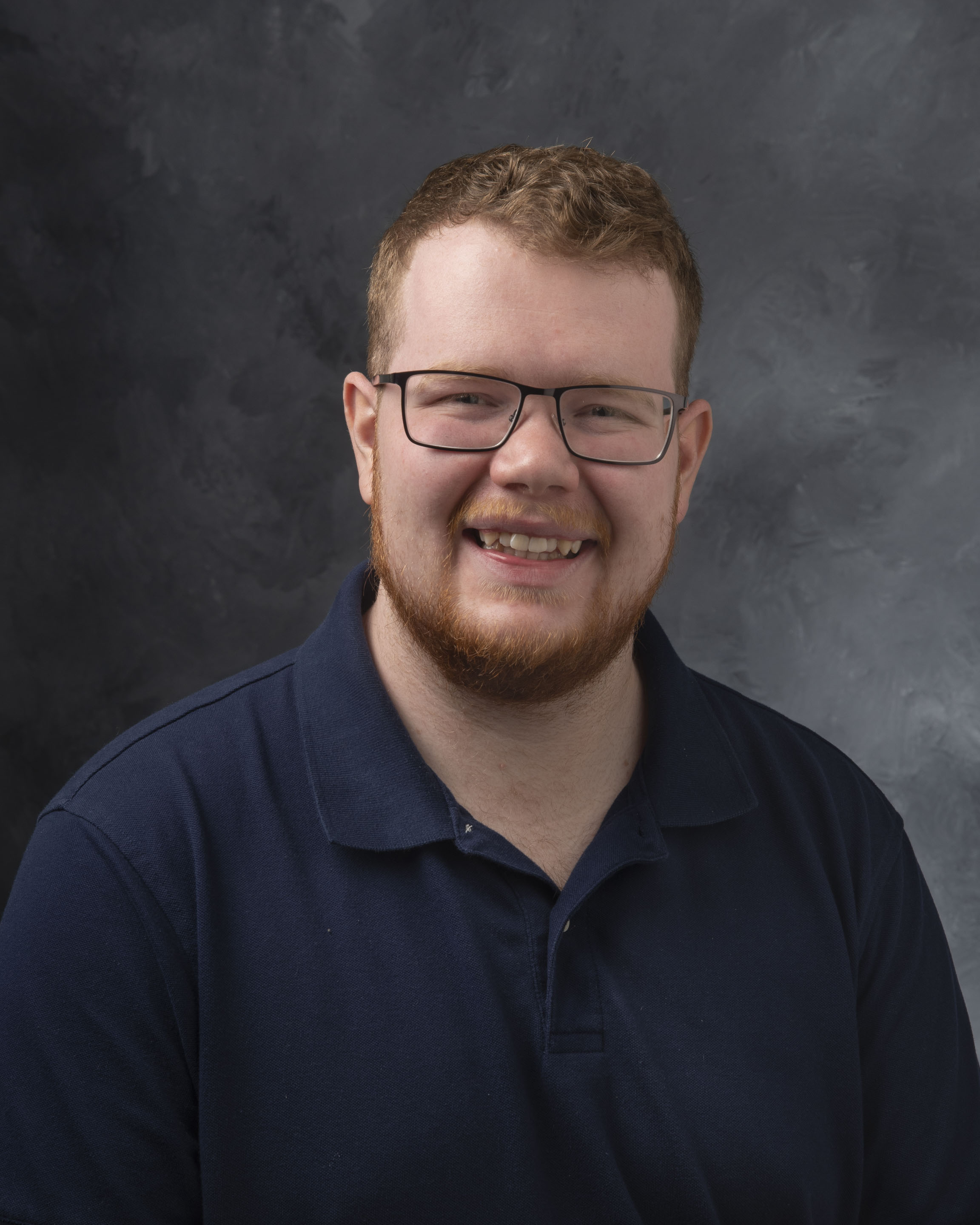By Charlotte Brookins
Colleen Mitchell, an associate professor in the Department of Mathematics, created a general education course last year that uses the Pokémon GO app to make complicated math topics more approachable and fun for all students.
The class — PokeMath: The Mathematics of Pokémon GO — fulfills the quantitative or formal reasoning general education requirement. It covers topics like functions, set theory, rates of change, probability and statistics, and game theory. In addition to two necessary textbooks, the class also requires that students have access to a mobile device with Pokémon GO installed, although no prior experience with the app is necessary.
“Many gamers are willing to learn complex mathematical ideas and perform difficult calculations on the fly if they can gain an advantage in a video game,” explains Kitrick Fynaardt, who was the course’s primary instructor in spring 2023 and is pursuing his graduate degree in mathematics. “PokeMath seeks to harness this willingness by making Pokémon GO the primary motivation for the math learned in the class.”
Fynaardt says the inspiration for the class came from the many connections Mitchell noticed between the game and quantitative reasoning.
“Pokémon GO is full of mathematical questions for the average player to answer,” Fynaardt continues.
“With this class structure, students would have a natural context to ask and solve mathematical questions.”
The class operated through weekly homework assignments and three projects throughout the semester that helped engage students with the Pokémon GO app, the mathematics involved with it, and encouraged them to spend time outside.
Previous students described the course’s success and their positive experience.
“I decided to take PokeMath because I struggle a lot with anxiety, so I was looking for a fun, interesting, and low stress class,” says Alli Fischer, a third-year undergraduate student studying ceramics who took the class. “The class environment was lively and centered around concepts we could all relate to.”

Fischer says the class was especially enjoyable because of Fynaardt’s teaching, describing him as a passionate instructor who shows support and encouragement for his students.
“I would recommend this class to anyone,” Fischer adds. "It’s perfect for students who want to learn math in a supportive and enjoyable environment.”
